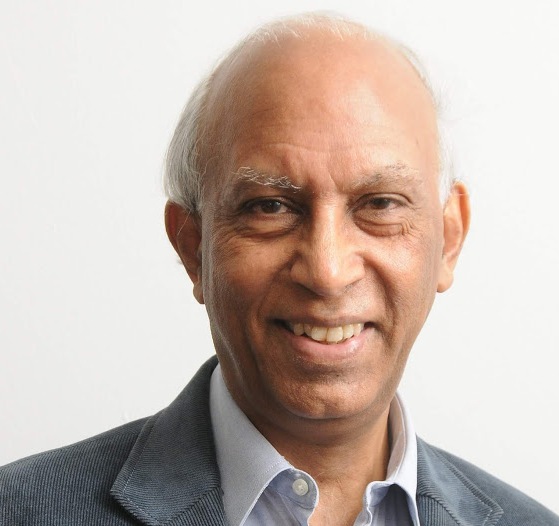
Generalizing versus stereotyping
(Dr Ishtiaq Ahmed)
To generalize is natural because the human mind is a sophisticated apparatus which can capture experiences and on that basis generalizes. We who have seen a table as an object with four legs and a surface to which the legs are connected can always identify a table wherever we go.
Similarly, when we see a man in a military uniform we know it is a soldier because everywhere in the world soldiers are known for their special uniform just as the police and the postman – although the last one may soon disappear or become very rare although once upon a time the postman was seen every day.
However, generalizations always provide scope for correction and variation. It is possible that terrorists wear uniform of an army or robbers police uniform and deceive us.
Therefore one cannot generalize that all who wear a particular uniform are necessarily members of a particular profession although generally that should be true.
We also generalize about cultural traits of people – Punjabis are loud, the English are sophisticated, the Italians are excitable and so on. In one sense without generalizations it is not possible to find one’s way in the world. Visible behaviour does allow for generalization.
To generalize is therefore both a natural and a sociological tendency among human beings. But as said, generalization always provides scope for correction. You can meet the opposites of all the social characteristics of the various nationalities I have enumerated above.
Therefore, the correct, scientific approach is not to convert general traits into absolute traits or qualities. to do that is to stereotype.
This is especially true when we move from forms of expression to something like a deep and fixed nature of a whole people or class or caste or community.
Most of us do that as a matter of habit. This can be both overly negative or overly positive typecasting or stereotyping. Examples of negative stereotyping are Jews are mean, Hindus are cunning, Muslims are terrorists, Dalits or low castes are cowardly and submissive. Positive stereotyping would be Punjabis are large-hearted, Hindus are tolerant, Jews are overly intelligent, Christians rationalists and so on.
Stereotyping creates the basis for what is known as prejudice, which means to pre-judge.
We need to learn not to succumb to stereotyping even when we cannot help generalizing. Generalizing is inevitable but stereotyping is unwarranted.
That is why we insist that we need to look at the circumstances, cultural tradition and other factors before judging others.
I am sure that if I can’t find food and have no job I am likely to become a thief. It is not because thievery is ingrained in my nature but because my circumstances have forced me to behave in a particular way.
It is utter rubbish to say that any nationality or religious community is only good or only bad.
It is always absolute rubbish to believe that our caste decides our absolute behaviour. Sir Ganga Ram who was the greatest benefactor of the Punjab was a Baniya by caste. My Punjabi friends would be deeply disappointed to know that he was not even a Punjabi. His family hailed from the UP but his father was working in the Punjab.
All the hospitals, colleges and schools and charitable institutions he opened are the actions of a man of exceptional compassion and large-heartedness. That a Hindu has done this favour to the people of Lahore in particular and the Punjab is general is enough for me never to accept stereotyping even if I might still generalize some ways of behaving.
Jawaharlal Nehru was a thinker of considerable depth. He made a generalization which I think is very useful.
He said Muslims are ideologically fanatics while Hindus are sociologically fanatics.
This is true largely. For Muslims to be attracted to ideas of Jihad and Islamic state, justice and so on is a common trait. Just as Hindus would be very concerned about what they eat and what they touch and so on.
So, indeed dominant culture does create a way of thinking and behaving but still it is possible to overcome such propensities and through education and reliance on one’s observation of how people are in reality we can avoid stereotyping.




